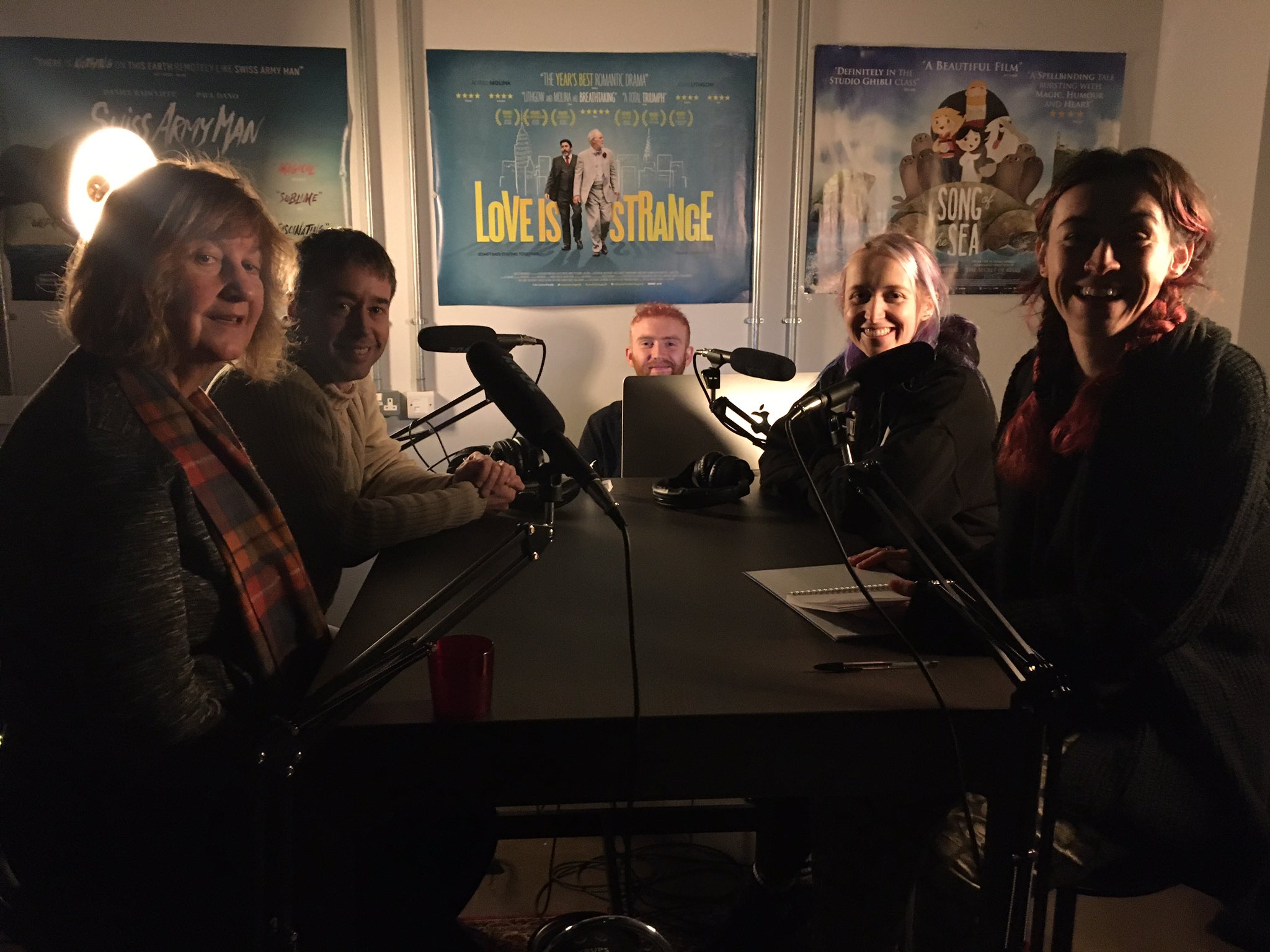A new podcast discussing Connecting People in Sheffield has just been released.
As part of my work in Sheffield supporting the implementation of Connecting People, I recorded a podcast. The Flip Side, a new podcast by Jess Gibson, explores the theme of social connections and wellbeing.
Recorded by Kurious Arts, the conversation also featured Ellie Wildbore and Chris Wood. It was arranged by Liz Fletcher as part of her work in implementing Connecting People in Sheffield Health and Social Care NHS Foundation Trust.
Connecting People is a recommended intervention in the new Community Mental Health Framework. It provides a way to support people to engage with others, thereby building their social connections. Find out more by listening to the podcast here:
The art of conversation
As I sat in the studio talking to three people who I hadn’t met before, it struck me how important conversations are for social work. We had no script or agenda, but we had no difficulty talking for almost an hour about the importance of social connections for our wellbeing.
At its heart, social work is about building relationships in order to effect change. While statutory social work is dominated by processes, policies and procedures, let us not forget that the profession is fundamentally about people. We must not lose sight that the ability to connect with people is an essential component of good social work practice.
Having a conversation with someone is not a specific social work skill. It is something which anyone can do. However, listening carefully to what is said and what is unsaid; interpreting body language and being aware of your own posture and presence; responding to what the other person is saying and not imposing your view on them; and genuinely engaging with their concerns are all skills which social workers need.
We teach social work students how to conduct an assessment. They appear keen to acquire technical skills which can help determine someone’s eligibility for a service. In an assessment, though, the power resides with the professional. They are gatekeepers to resources and the assessment either opens or closes the gate.
A conversation, though, requires an equalising of power. Social workers need to be able to have conversations – with colleagues, people who use and provide services, and other professionals. These conversations could be about anything – they do not need to be connected to the issue or problem which has brought people together. Conversing builds trust, enable people to make a connection and provide the basis for collective action.
If social work is reduced to a set of processes and procedures, the foundations of social change are eroded. Social action feeds on mutual understanding and a collective desire for change. If our connections with other people are purely transactional, there is no opportunity to build the type of connection which understands, articulates and advocates for change.
We should not assume that social work students are able to converse. Perhaps we need to find space in the curriculum for conversations, or at least understanding the skill of having a conversation. In the meantime, please listen to ours. Thank you!


